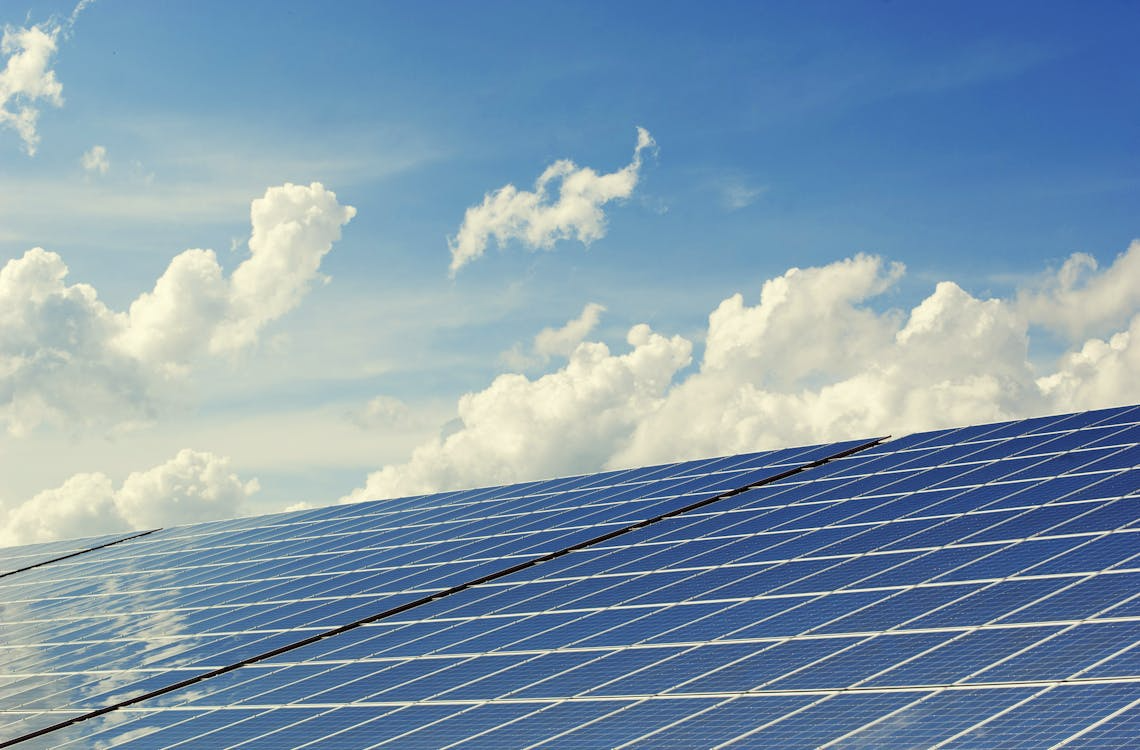
When you walk into ALDI, you might expect to leave with a trolley full of groceries and a few middle-aisle surprises.
What you probably don’t expect is to walk out with a solar power system for your home.
Yet that is exactly what the supermarket giant offered as it expanded its solar program beyond Victoria to NSW, Queensland, and the ACT.
The move arrived at a time when household budgets were under immense pressure from rising energy prices.
ALDI promoted real-life customer stories, such as Brandon from south-west Sydney, who saved more than $370 on his March 2024 electricity bill and tracked towards $3,600 in yearly savings.
For older Australians, however, the decision was far from straightforward, with experts urging careful consideration before jumping on board.
ALDI’s solar packages and market comparisons
ALDI’s solar packages ranged from $6,999 to $8,499, with both including 6.08kW of solar panels, a 5kW hybrid inverter, and a 5.1kWh LiFePO4 battery.
The cheaper option came with the standard 5.1kWh battery, while the higher-priced version doubled that storage capacity to 10kWh.
Professional installation and blackout protection were included, and compared with market averages of $15,000 to $18,000, the offering looked strikingly competitive.
Yet industry voices questioned whether the deal was too good to be true.
'My concern is that ALDI has a reputation for its middle-aisle discount stock that you won't find there next week, so how will they support the products which have a 25-year lifespan.'
The technology behind ALDI’s solar deal
Behind the ALDI logo was Tempo Group, already known for supplying the supermarket’s budget electronics.
The solar panels themselves came from Altius, a little-known brand in Australia, using rebranded Chinese modules producing just 380 watts of peak power—lower than the market’s 400W-plus standard.
Analysts flagged the 6.08kW array as modest by 2025 standards, warning that limited panel size could struggle to charge the battery during winter or poor weather.
The battery also had its drawbacks.
Of the 5.1kWh advertised, only 4.6kWh was actually usable, with blackout reserves cutting that further to just 3kWh available daily.
Depending on electricity tariffs, that translated into only 63–93 cents worth of savings per night.
System size reality check
ALDI system: 6.08kW panels + 5.1kWh battery
Market average: 6.6kW+ panels + larger battery options
Australian household average consumption: 18kWh per day
ALDI system daily generation potential: 34kWh (optimal conditions)
Mixed feedback from customers
Customer feedback painted a mixed picture.
Andy, who installed his system in April 2024, reported saving $250 monthly, with his battery fully cycling daily and little excess power going back to the grid.
Mary, another customer, shaved more than $1,100 off her bills in just five months, with her system meeting over 53 per cent of her energy needs.
These results were impressive but also misleading for average households.
Brandon, for instance, consumed more than 31kWh daily—well above the 18kWh average—meaning his higher savings were tied to his heavy energy use.
For seniors living alone or in smaller homes, returns might fall far short of those headline figures.
The wider retail solar landscape
Other major retailers had already joined the solar wave, with IKEA offering packages from $4,490 in partnership with Solargain.
The growing involvement of household names showed just how mainstream solar technology had become, but also highlighted the need for seniors to carefully crunch the numbers.
While ALDI demanded full payment upfront, rebates and federal incentives could offset costs—but only if buyers applied correctly and understood state-specific rules.
Before you buy: Essential questions for seniors
- Will the system size meet your actual energy needs?
- What happens if Tempo Group or Altius cease trading?
- Have you gotten quotes from established solar installers for comparison?
- Are you eligible for government rebates that could improve other offers?
- Does your roof require additional work (weatherboard homes need $385 fire barrier)?
The installation reality
The installation process also raised concerns.
Unlike ALDI’s usual grab-and-go items, solar required roof inspections, electrical checks, and often council approvals.
Timber and weatherboard homes needed a $385 fire barrier, and outdated asbestos switchboards required upgrades for smart meters.
On consumer forums, some users warned against paying upfront before any site inspection—something seasoned installers usually considered a red flag.
While ALDI’s offering represented a major milestone in making solar more accessible, experts like Warwick Johnston cautioned that systems with 25-year lifespans demanded long-term support—something ALDI’s usual short-cycle retail model did not guarantee.
For seniors in particular, the safest path was to compare multiple quotes, weigh warranty protections, and ensure the system truly suited their lifestyle and energy use.
Did you know?
Did you know? More than 22% of Australians surveyed by Finder said installing solar panels had the biggest impact on reducing their household energy costs—more than any other energy-saving measure.
The solar revolution had clearly arrived, but ALDI’s entry served as both an opportunity and a warning—proving that even a supermarket deal required the same careful reading of the fine print as any major investment.
What This Means For You
ALDI offered solar systems priced well below market averages, which sparked both strong interest and understandable concern among consumers.
Industry experts highlighted risks with panel output, battery capacity and long-term product support, leaving questions about whether the cheap upfront price would translate into reliable service over the system’s lifetime.
Customer savings were real for some households but were often tied to above-average energy use, meaning typical or smaller households might see far smaller financial benefits.
Seniors were advised to research available rebates, compare multiple quotes from established installers and confirm any required installation work—such as fire barriers or switchboard upgrades—before committing and paying in full.
For older Australians this combination of promise and caveat mattered a great deal because many lived on fixed incomes and relied on predictable, long-term value rather than one-off bargains.
What looked like a bargain up front could become a costly headache later if warranties were unclear, the supplier folded or the system did not meet a household’s actual consumption, so checking installer credentials, warranty terms and state rebate rules—plus insisting on a proper site assessment—was essential.
If ALDI’s solar program raised questions about affordability versus long-term value, the conversation doesn’t end there—battery rebates and discounted storage systems are also reshaping how households manage their power bills.
These new incentives promise thousands in potential savings, but they’ve also sparked debate about whether the technology delivers consistent results once installed.
To see how another major initiative is playing out, here’s a closer look at one scheme that slashed upfront costs but left some homeowners cautious about the fine print.
Read more: Cheaper solar batteries slash energy bills, spark concern among homeowners
Affordable Solar Panels & Solar Battery Packages | ALDI Solar — Provides details on ALDI’s solar offering, including product inclusions, supplier information, and example customer savings.
https://aldisolar.com.au/
ALDI Solar Panel and Battery Package | Affordable Solar Solutions — Explains ALDI’s solar package specifications, customer case studies, and expected savings examples.
https://aldisolar.com.au/our-package/
ALDI launches solar and battery offer at a "cracking price" – but what about the quality? - One Step Off The Grid — Analyses ALDI’s solar deal, market comparisons, and quality concerns from industry experts.
https://onestepoffthegrid.com.au/AL...-a-cracking-price-but-what-about-the-quality/
Solar Batteries On Special: Should You Trust ALDI To Power Your Home? — Reviews ALDI’s solar battery value, highlighting panel size limits, battery performance, and long-term risks.
https://www.solarquotes.com.au/blog...ial-should-you-trust-ALDI-to-power-your-home/
ALDI getting into household solar—Solar PV discussion — Forum discussions about ALDI’s solar system, with consumer concerns about upfront payments and installation confidence.
https://forums.whirlpool.net.au/archive/96yzj8nn
Would you trust a supermarket to power your home for the next 25 years?







